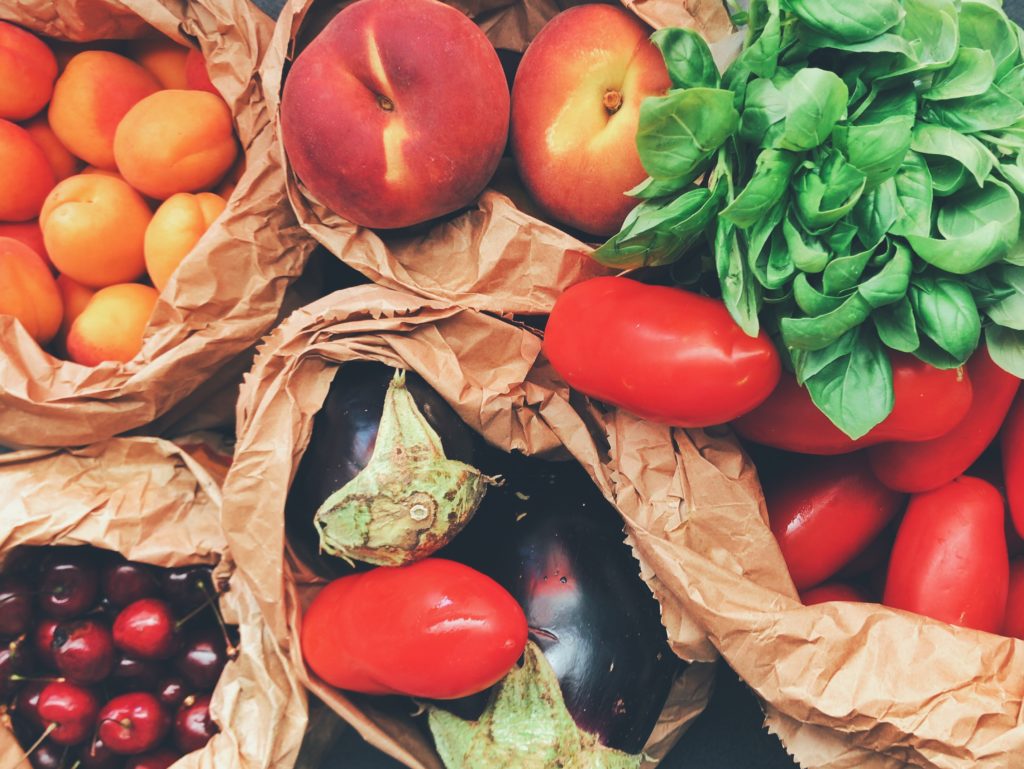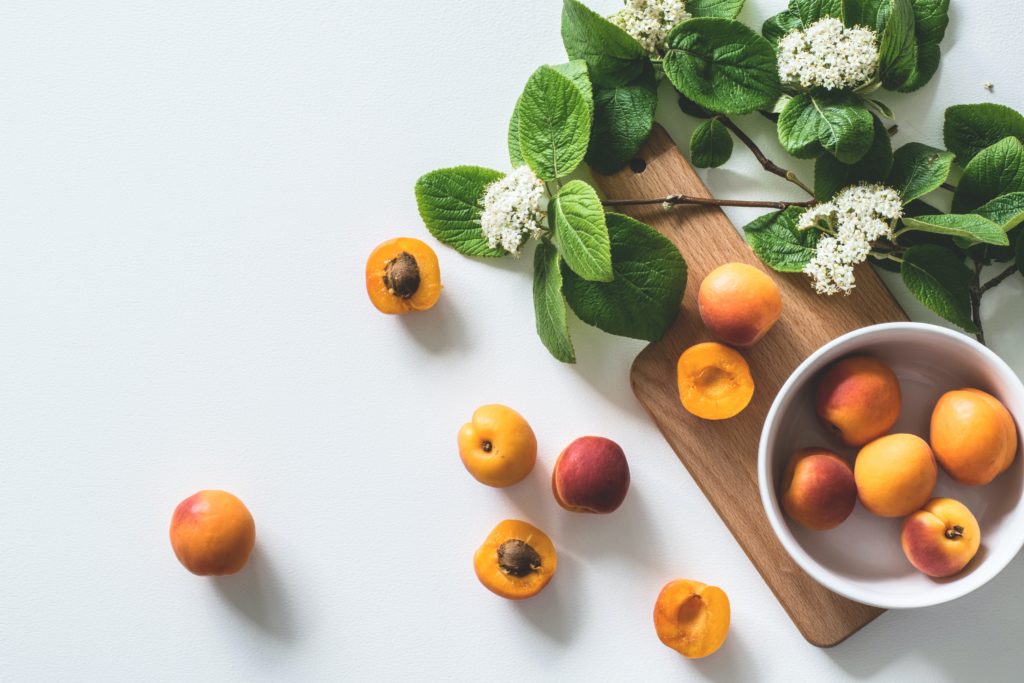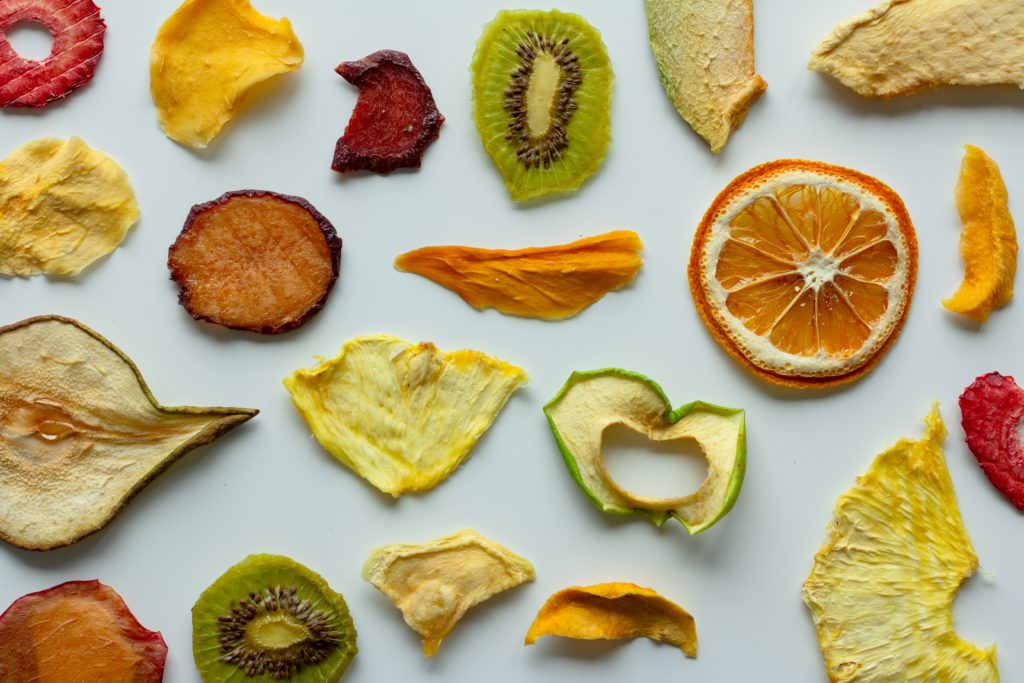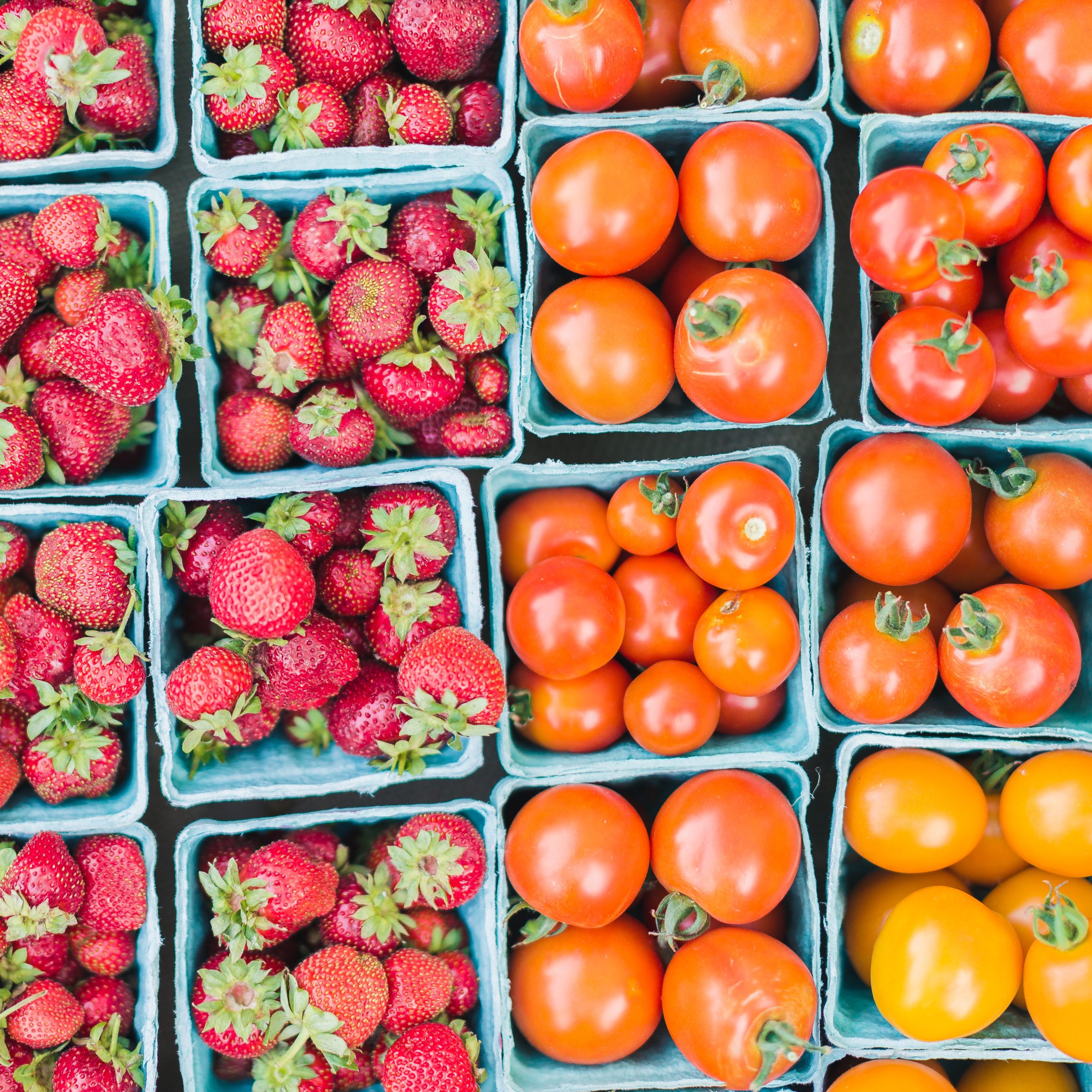What produce is in season right now?
There’s nothing like finding the freshest, in-season fruits and vegetables. Produce is so much cheaper, healthier, more environmentally friendly, and more delicious than when it’s out of season. There are tons of wonderful fruits and vegetables available locally and in season right now.
We created this guide for you to shop mindfully and nourish your body with the best available ingredients.
Why should you eat seasonally?
Not only does seasonal produce taste better, but it’s good for the environment, too! Seasonal produce does not have to travel across the planet to reach our tables (like having watermelon in New York in December), so it helps reduce your carbon footprint. In addition to burning fewer fossil fuels, another benefit of eating with the season means you’re not consuming the pesticides and preservatives that are required to keep produce fresh during the long transportation process.
Produce currently in season has a better flavor because it’s fully ripened and harvested in sync with its natural rhythm. There are no artificial ripening agents used to rush the process, either. In fact, when fruits and vegetables are harvested and eaten in season, they’re actually healthier! That’s because seasonal produce is able to retain its peak levels of vitamins and nutrients.
Eating natural foods while they’re in season helps us stay connected to the Earth and mindful of what our bodies need for nourishment throughout the different periods of the year.
What produce is in season?

Take advantage of this beautiful, early summer produce that’s in season right now:
- Avocados
- Asparagus
- Basil
- Beets
- Blackberries
- Blueberries
- Cantaloupe
- Cabbage
- Carrots
- Chard
- Cherries
- Chile peppers
- Chives
- Corn
- Cucumbers
- Eggplant
- Garlic
- Herbs
- Kiwi
- Lettuce
- Limes
- Mangoes
- Mushrooms
- Mustard greens
- Onions
- Peaches
- Peas
- Potatoes
- Ramps
- Rhubarb
- Spinach
- Summer squash
- Tomatillos
- Tomatoes
- Watermelon
- Zucchini

Here’s an overview of what produce is in peak season throughout the year:
| Summer | Fall | Winter | Spring |
| Corn, berries, cucumbers, tomatoes, watermelon, zucchini, lettuce
(see above for complete list!) |
Apples, acorn squash, brussels sprouts, broccoli, leeks, kale, cauliflower, parsnips, plums, pears, pumpkins | Leeks, carrots, beets, winter squash, dried beans, turnips, sweet potatoes, pineapples, oranges, grapefruit, mushrooms | Spinach, strawberries, bananas, celery, apricots, collard greens, peas, |
Of course, depending on where you live, the freshest seasonal produce available to you will vary. Seasonal Food Guide has an excellent tool that helps you find what’s in season in your local area.
Tips for making the most of your seasonal produce
If you want to enjoy some of your favorite summer produce year-round, you don’t have to increase your carbon footprint or consume unnatural ingredients or genetically modified organisms. Here are a few ways you can extend the lifespan of fresh, seasonal produce!
Freeze
Summer fruits like mangoes, strawberries, and blueberries freeze beautifully! These are great for baking with, making smoothies, throwing into a bowl of cereal, or using in a sauce or dip. You can also blanch and freeze vegetables like corn, peppers, and onions to cook with at a later date.
Can
Cook down fruit with sugar to create a jam, marmalade, or jelly that you can can and preserve for months to come. You can even can homemade sauces, like chutney or salsa, made with produce at its peak ripeness. Another savory option is to pickle fresh produce with a salt, water, and vinegar brine. This is a great way to use seasonal goods like cucumbers and carrots.
Dehydrate
Dehydrating fruit is a great way to snack on beautiful produce throughout the year. Thinly slice your desired produce and place in your dehydrator or oven at 115 degrees Fahrenheit for about six hours. You can dehydrate strawberries, apples, kiwi, mango, peaches — almost anything! Dehydrated fruit is a healthy and delicious snack on its own, and is also a welcome addition to a bowl of granola or oatmeal.
MORE: How to make your fresh fruits and veggies last longer

Use your seasonal produce in these plant-based recipes:
- The best balsamic and basil avocado toast recipe
- 8 easy, yummy bowl recipes
- The most delicious and healthy desserts you have to try this summer









